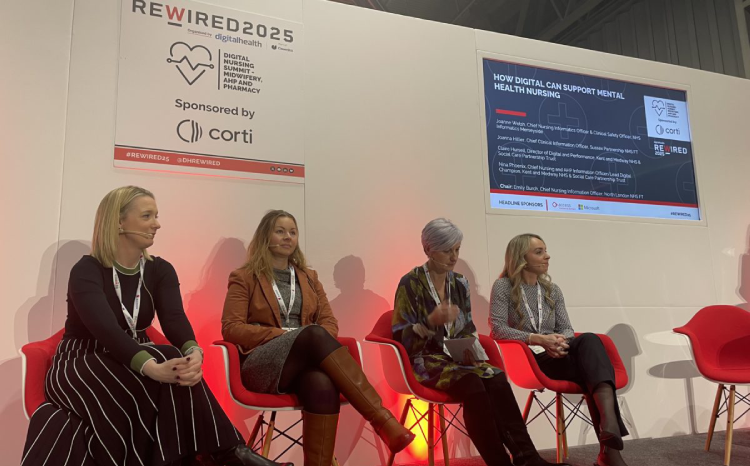Ten new CBT pilots will include online therapy
- 11 May 2007
Health secretary, Patricia Hewitt, has announced that the government is investing £2m on a further ten pathfinder projects into Cognitive Behavioural Therapy, which will include computerised therapy for patient suffering from anxiety and depression.
Hewitt announced the extension of the pilot schemes at the Improving Access to Psychological Therapies conference in London yesterday and the Department for Health confirmed to EHIPC that computer based programmes will be tried in the new pilots.
As EHIPC reported in March, the National Institute for Health and Clinical Excellence (NICE) has approved two computer-based programmes for use by the NHS and the DH released guidance on how to use the system.
Hewitt said: “The blight of mental illness is an issue we are committed to tackling. Central to our efforts is the ability for people who are ill to be able to quickly get the right kind of therapy, instead of being prescribed medication. Mental health services are improving but we want to offer patients greater choice over how, when and where they are treated. “
The new pilots follow the success of two demonstration sites in Doncaster and Newham, set up last May.
These demonstration sites are linked to regional networks of improvement projects and the DH say they have shown that better access to Cognitive Behavioural Therapy (CBT) – both computerised and face-to-face – can help cure depression as well as help patients feel better.
Hewitt said: “A year ago, I launched two demonstration sites to establish the best way of providing therapy and to examine the benefits of this treatment approach. One year on and PCTs are now obliged to provide computerised CBT to patients.
“The demonstration sites are showing early signs that if you provide quick access to therapy services, the time that patients are ill is reduced and individuals are better able regain their independence – for example by getting or keeping a job. “
She added that she hoped to see patients being given more choice through the new demonstration sites, as well as other resources.
“I am pleased to announce today the next phase in the programme, with the establishment of 10 more PCT-led demonstration sites across England. We have a vision that, one day, people will have the choice of quickly and conveniently accessing a range of therapy services, for example via the internet or the local library.
“But for this to happen, we need a range of different organisations – such as social enterprises – to form partnerships with the health sector and apply to run these new sites. Together we can help to reduce the impact of mental illness.”
Primary care trusts can now apply to get pathfinder site status is as follows: initial expressions of interest to bid to be one of the pilot sites should be submitted to the Department of Health by 31 May.
These will then be followed up by local Regional Development Centre leads who will help sites to develop final, full, applications to be submitted by 29 June. The successful sites will be confirmed by 20 July. It is expected that new services should be operational by September.




